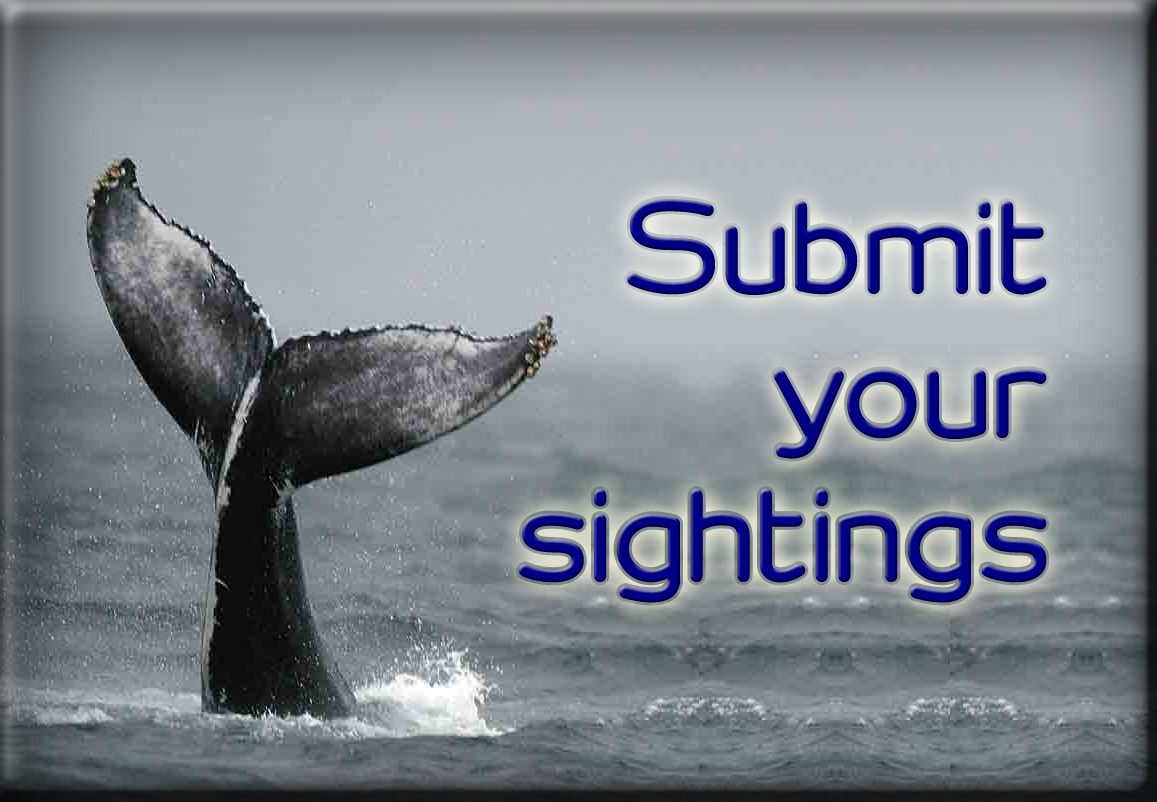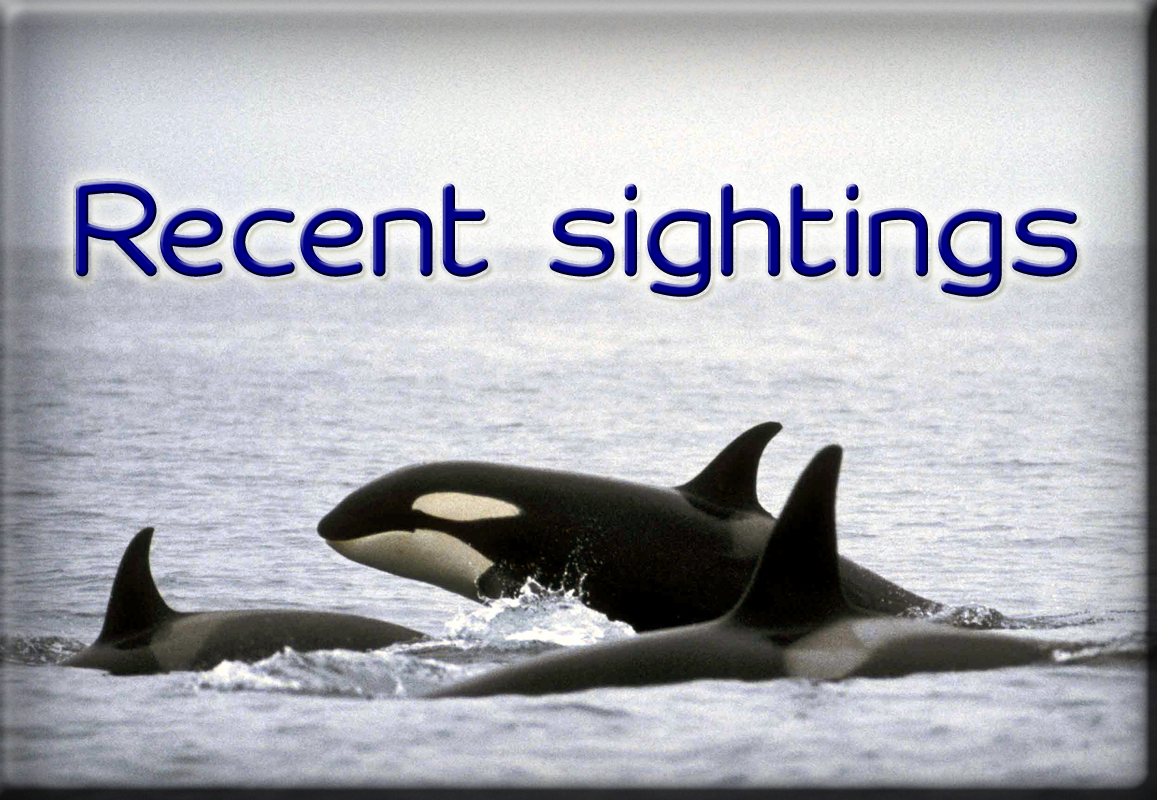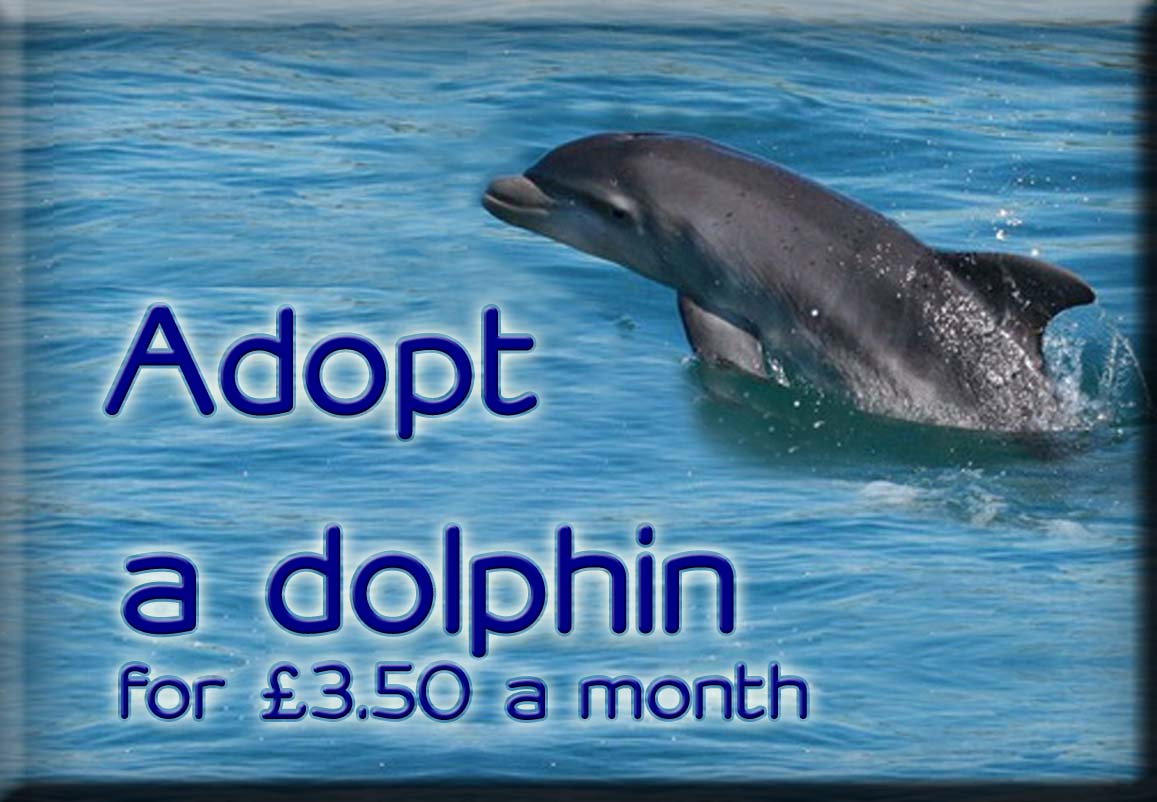Cetaceans are at risk of decreasing population sizes and even local extinction due to continuous threats to them and their habitats. These threats include capture and drowning in fishing gear, sound disturbance, marine pollution and over-fishing.
Sea Watch Foundation is a national charity working to improve the conservation and protection of whales, dolphins and porpoises in British and Irish waters.
Our aims
- Monitoring the numbers and locations of whales and dolphins in order to gain valuable knowledge of the health of our marine environment, and insight into the effects of chemical pollution, noise disturbance, over-fishing, accidental capture in fishing gear and climate change
- Involving the public in scientific monitoring
- Raising awareness and understanding of marine mammals and the threats they face
- Educating, informing and advising for better environmental protection
Our work
Sea Watch Foundation, through its continuous programme of research and monitoring, provides invaluable information on changes to the status and distribution of cetacean populations and the condition of their habitats. This is used to raise awareness of any issues and prompt environmental change to help conserve and protect these mysterious creatures.
Sea Watch’s work could not be completed without the help of numerous hard-working volunteers, both in the office and in the field. There is also a network of regional coordinators and volunteer observers all around the UK coastline who are dedicated to providing data and support to Sea Watch through recording and reporting all sightings of whales, dolphins and porpoises.
The information gathered by Sea Watch and our network of observers has been the primary source of knowledge about the relative status and distribution of cetacean around the British Isles.
-
Conservation and protection -
Scientific Research -
Information -
Education


























